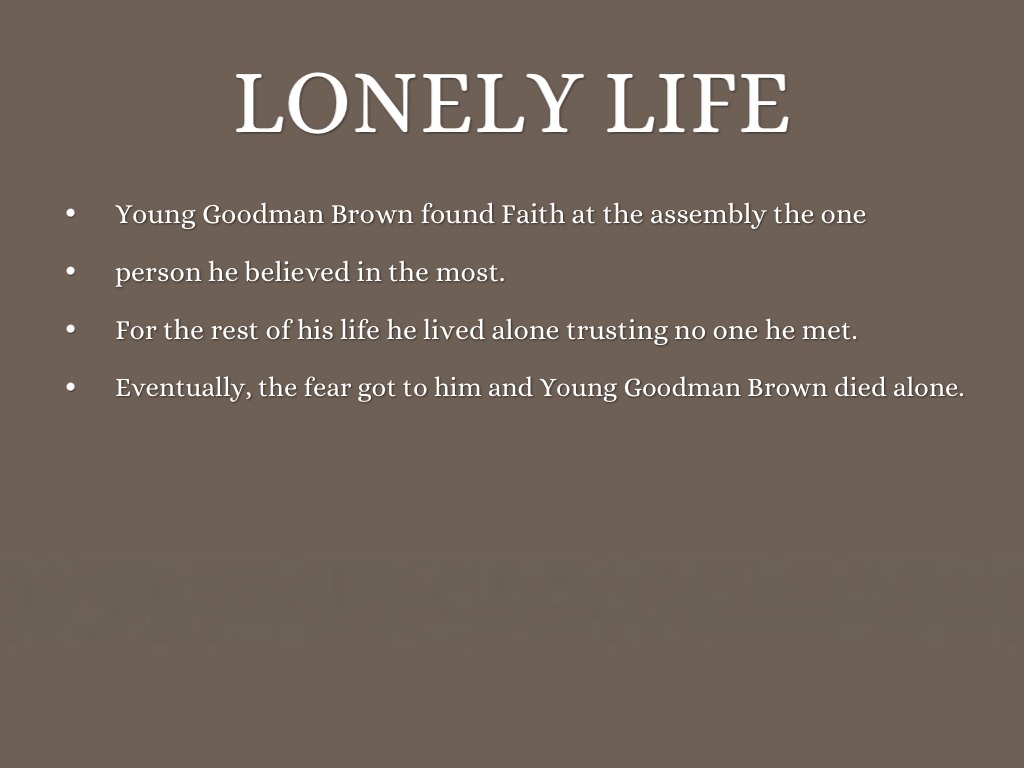Understanding Dry Begging: Examples And Insights
Have you ever come across a social media post that seems to ask for help without directly asking for it? This subtle form of solicitation is known as "dry begging." It's a phenomenon that has gained traction in the digital age, often leaving those who witness it feeling confused or compelled to respond. In this article, we will delve into what dry begging is, explore its various forms, and provide real-life examples that illustrate this intriguing concept.
Dry begging is often characterized by posts that express a need or desire without explicitly stating a request for help. Instead of straightforwardly asking for donations or assistance, individuals may share their struggles, hoping that their audience will pick up on the hint and offer help voluntarily. This indirect approach can be seen as a social experiment, a cry for attention, or even a marketing strategy, depending on the context. The line between genuine vulnerability and manipulative behavior can be quite thin.
As we navigate through the nuances of dry begging, we will also highlight the implications it has on social interactions and the perception of those who engage in it. Whether it's through emotional storytelling or subtle hints online, dry begging examples can serve as powerful case studies for understanding human psychology and social dynamics in the modern world.
What Are Some Common Dry Begging Examples?
When it comes to dry begging, the examples can range from mild to overtly manipulative. Here are some common scenarios:
- Social media posts that share personal struggles without a clear call to action.
- Subtle hints about financial troubles in conversations, expecting sympathy or assistance.
- Expressing feelings of loneliness and isolation, hoping for outreach from friends.
- Posting about wanting to go on a trip or experience something special, implying they need help funding it.
How Does Dry Begging Manifest in Social Media?
Social media platforms are breeding grounds for dry begging, as they allow individuals to broadcast their thoughts and feelings to a wide audience. Here are some ways this phenomenon manifests:
- Vague posts about feeling down or financially strapped.
- Photos of luxurious experiences with captions that suggest longing for such experiences.
- Stories about personal hardships that imply a need for support.
Are There Different Types of Dry Begging?
Yes, dry begging can take various forms, including:
- Emotional Dry Begging: Sharing personal stories that elicit sympathy without a direct request for help.
- Financial Dry Begging: Mentioning money woes while not explicitly asking for donations.
- Experiential Dry Begging: Hinting at desires for vacations or experiences in hopes of receiving gifts or financial assistance.
Who Are Some Notable Figures Engaging in Dry Begging?
In the world of celebrities, dry begging can often be seen in their social media interactions. One prominent example is the social media presence of various influencers who, while sharing their glamorous lifestyles, occasionally hint at financial struggles or personal needs. This can create a complex relationship with their audience, as it blurs the lines between authenticity and marketing.
What Can We Learn from Dry Begging Examples in Celebrity Culture?
Analyzing dry begging in celebrity culture can yield important insights:
- The importance of authenticity: Fans may feel more connected to a celebrity who shares personal struggles.
- The potential for manipulation: Audiences must discern between genuine need and marketing tactics.
- The impact on public perception: Continuous dry begging can lead to backlash or a loss of credibility.
How Can We Recognize Dry Begging in Our Daily Lives?
Recognizing dry begging in everyday interactions is crucial for maintaining healthy relationships. Here are some tips:
- Pay attention to the context: Is the person genuinely in need, or are they using their struggles to elicit sympathy?
- Look for patterns: Does the individual frequently share personal woes without a clear solution?
- Assess your feelings: Do you feel compelled to help, or are you simply feeling guilty for not responding?
Are There Ethical Considerations Surrounding Dry Begging?
Indeed, there are ethical implications to consider when it comes to dry begging. Manipulating emotions to solicit help can lead to distrust among friends and followers. It's important for individuals to be aware of how their actions may be perceived and the potential consequences of dry begging.
How to Respond to Dry Begging?
When encountering dry begging, it's important to approach the situation thoughtfully. Here are some strategies:
- Engage in a conversation: Sometimes, addressing the issue directly can lead to a deeper understanding of the person's needs.
- Offer support: If you feel comfortable, providing tangible assistance can be beneficial.
- Set boundaries: If dry begging becomes a pattern, it's okay to establish limits to protect your own emotional well-being.
Can Dry Begging Be Constructive?
While dry begging often carries a negative connotation, there are instances where it can lead to constructive outcomes. For example, sharing personal struggles may foster community support and open up conversations about mental health and financial literacy. Ultimately, the key lies in transparency and intention.
| Personal Details | Bio Data |
|---|---|
| Name | John Doe |
| Age | 30 |
| Occupation | Influencer |
| Social Media Following | 1 million |
| Location | Los Angeles, CA |
In conclusion, dry begging examples can teach us valuable lessons about human behavior, social dynamics, and the delicate balance between vulnerability and manipulation. By understanding this phenomenon, we can foster healthier communication and relationships in our personal and digital interactions.
Article Recommendations
- His Shadow The Enigmatic Tale Of Luna Marissa Gilbert
- Paul Walker And P Diddy A Deep Dive Into Their Connection
- Lauren Compton And Mark Avalos A Journey Through Their Lives And Careers


